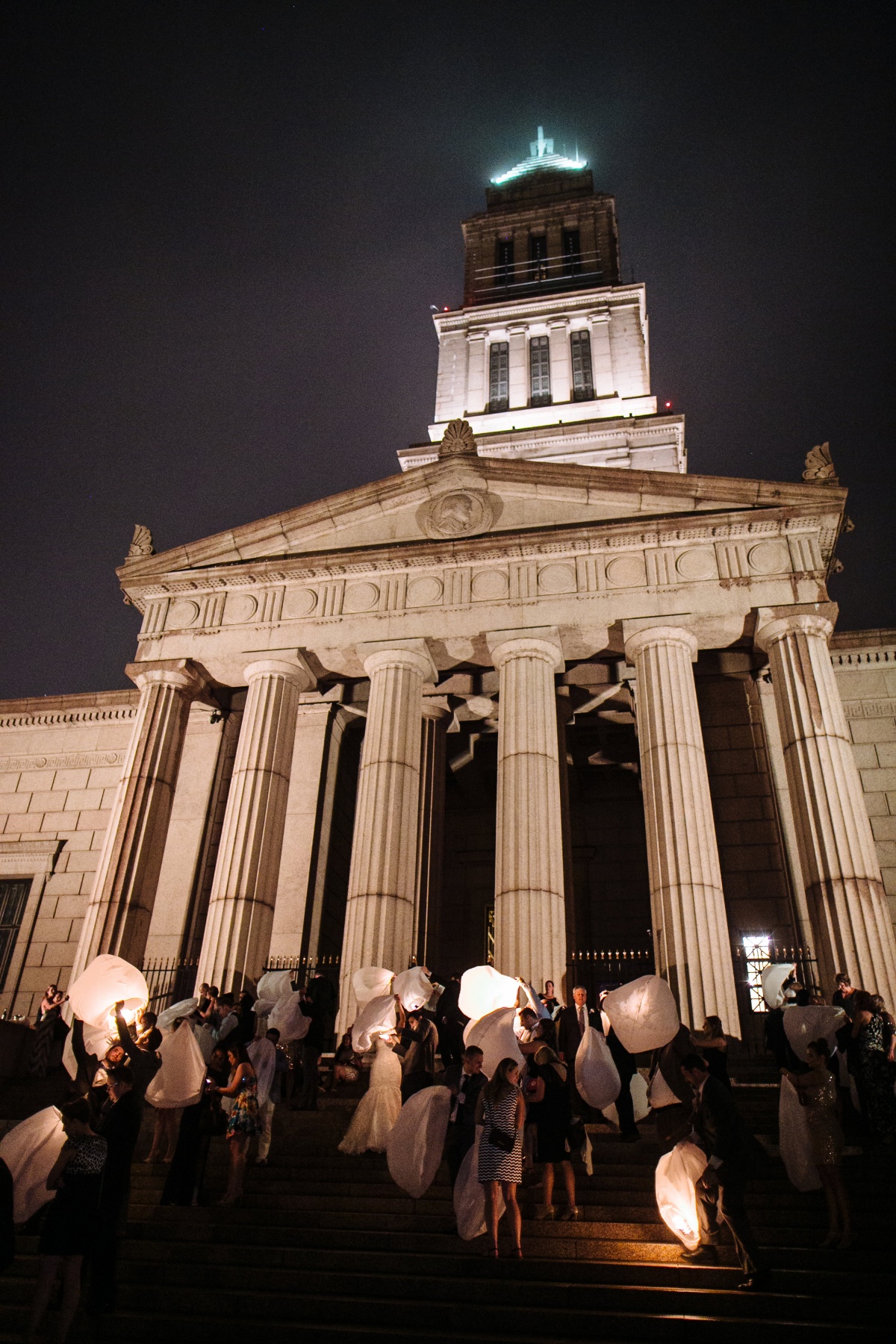There is so much that goes into wedding planning. So much. However, nothing can be done without a venue. The venue will determine your date, create an atmosphere, and will set the pace for the rest of the budget.
Figure out the basics:
When you start planning your wedding you should have a general idea of how many people you are going to invite, what the budget is, and what style event you would like to have. It is helpful to know what type of food style you would like as well. If you don’tknow all of the details when you first start out, it is a good idea to know what you don’t want. Having a list of no’s will help sort through the things you do want. After you and your fiancé have figured out the basics it’s time to start looking at venues.
Hire a Planner:
The first thing you should do before anything, is hire a planner. Planners have a vast knowledge of the interworking of all the venues in town. We know where the hidden fees will be, we know the questions to ask, and we know the capabilities of a space. We can tell you if your vision will work in a specific space and give you an idea of what it will take to get it done.
Get a General Overview Before Committing:
Do not sign any agreements with a venue until you have priced out several of your other vendors. You don’t want to contract with a venue and then realize you can’t afford florals, or a DJ. Your planner can guide you through this and give you estimates on what the different vendors will cost.
Be Flexible On Your Date:
Have a general idea of the time of year, but try to be flexible on the date. The venue you like may already be booked on that specific date, or a vendor who you love may not be available. If budget is a concern you might have better luck with rates on off peak times. Friday and Sunday events are usually less expensive, as are the less busy seasons. The busy seasons vary with each market, so check with your planner.
Find out what is included:
Some venues cost more upfront because they include staff, tables, chairs, linens, etc. Don’t be taken by the venue that is less expensive but doesn’t include anything. You will more often than not end up spending more in the long run. The caveat to this is if you have a pretty extensive design plan or you would prefer to choose your own caterer. If you have a specific vision it’s unlikely that what is included with the building rental will suffice anyways.
Ask About Catering:
If you are considering a venue that does not offer onsite catering, ask them about the catering set up. If there is not a suitable catering kitchen available, your caterers will need to bring in additional prep tables and possibly a tent. This will increase your catering bill. It’s also a good idea to work with a caterer who has been at the venue before. They will know the venue and things will run much smoother.
Walk Through The Logistics:
When you are touring the venue take into account the parking, what you pass walking in, how long of a walk is it from the ceremony space to the cocktail space and from cocktail to reception. Consider if there are several steps or uneven terrain. This will affect your guests and should influence your dress and shoe style.
If there are wedding suites available see if they are to your liking. Some wedding suites are very much a bride and groom suite with masculine and feminine decor. This may not be the best fit for many couples. They may also pose certain logistical issues as far as size and proximity to each other goes.
Historical and Old Venues:
Historical and Old Venues come with an abundance of charm and grandeur. They also come with several restrictions and logistical challenges. Stairwell and elevators tend to be much smaller in older venues. This means that less chairs can fit on an elevator, and that tables need to be hand carried up. This translates to needing more staff. Having to hand carry items up and down flights of stairs is not only physically challenging, but it is also time consuming. You will need more time and more staff to get everything set up in time. There might also be bathroom limitations, voltage shortages for a band or DJ, and limited storage.
With most historical venues there are several rules and regulations. Many venues will prohibit any open flame, adhesives, glitter, red wine, or anything attached to the structures of the venue. Some will even require that each one of your chairs be felt tipped. It is always a smart thing to do, but these types of venues also require a larger insurance policy.
Public Venues:
Public Venues are anything that is open to the public before an event can take place. These are often museums, art galleries, theaters, restaurants, and some historical landmarks. These are often very popular venues as they are unique, and can create a great atmosphere. There are a few things to be aware of with public venues. The most important one is that you will probably not be allowed access until after the space has closed to the public. This means that your pre-event activities are going to have to happen at a separate location. This also means that you will have much less time to set up. If you have an extensive decor plan, or a large guest count, you will need to bring in a large staff to get everything set up in time. Most of these types of venues will tell you that they are a “(fill in the blank) first and an event space second.” They can change any of the art work, displays, signage, etc at any time without notice. For some museums, a certain display may come in and require that decor items be set up a specific number of feet away from the display. This may throw a kink in your design plan. Most public venues will be reopen to the public the very next day. You will probably not be able to leave anything over night.
Check For Any External Factors That May Affect Your Venue:
Your venue may have certain areas that are scheduled to be under construction. There may be a festival or road closures scheduled that will affect vendors and guests from arriving on time. If there is a graduation, a convention, or any other large event in town, it will make hotels harder to reserve and traffic patterns will be different.
There are still so many things to consider when you choosing your venue. Hiring an experienced and well vetted planner, is definitely the smartest thing you can do. They will guide you through the process, save you time, and most importantly prevent a costly mistake. You don’t know, what you don’t know. The upfront costs of an experienced planner are nothing compared to what will happen if you book a venue (or vendor) and later realize you are in over your head. Events add up quickly, and we just want you to have every party goal.
To see some of the Richmond, Virginia Venues check them out here.
As always, I would love to chat.

